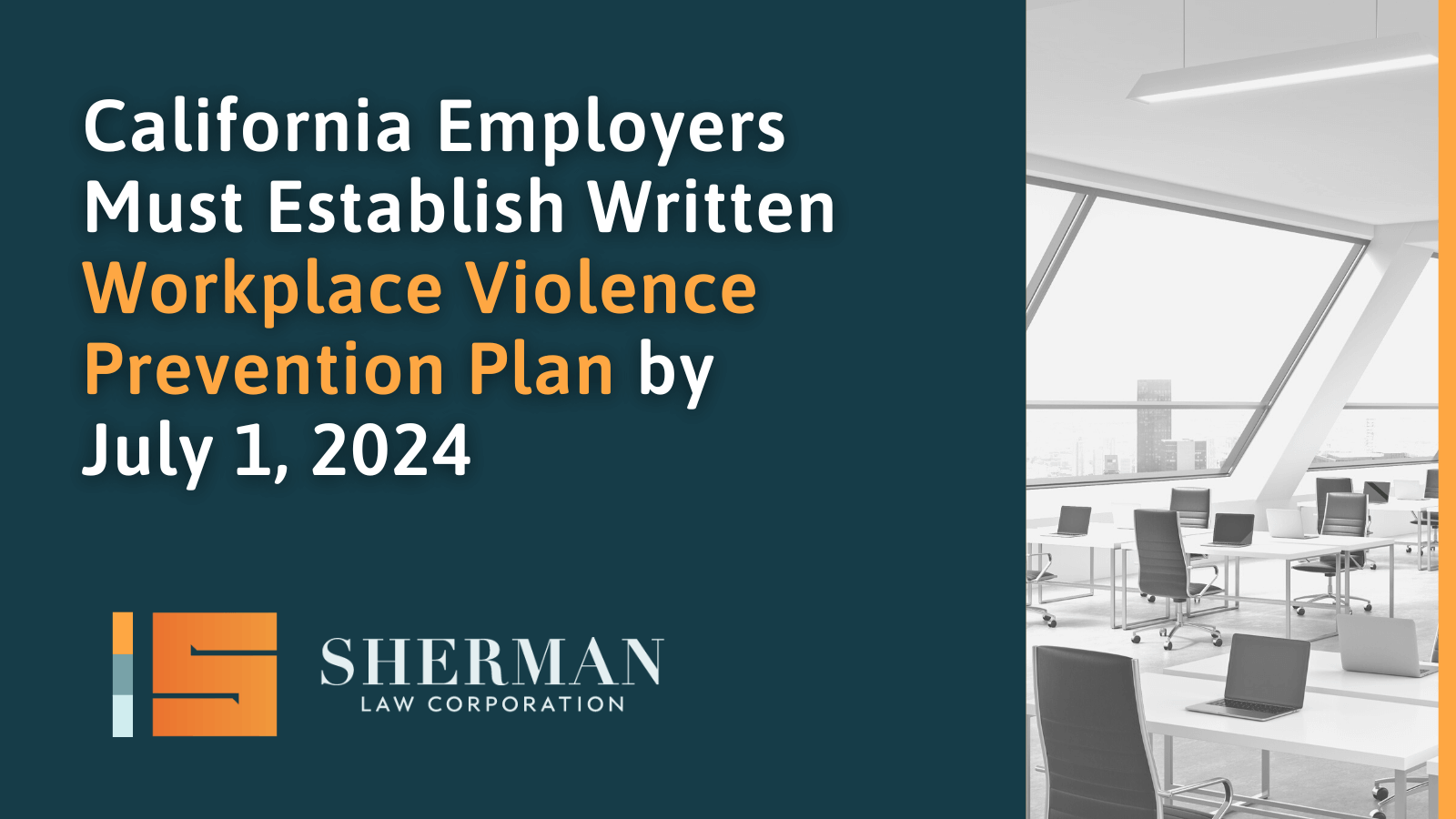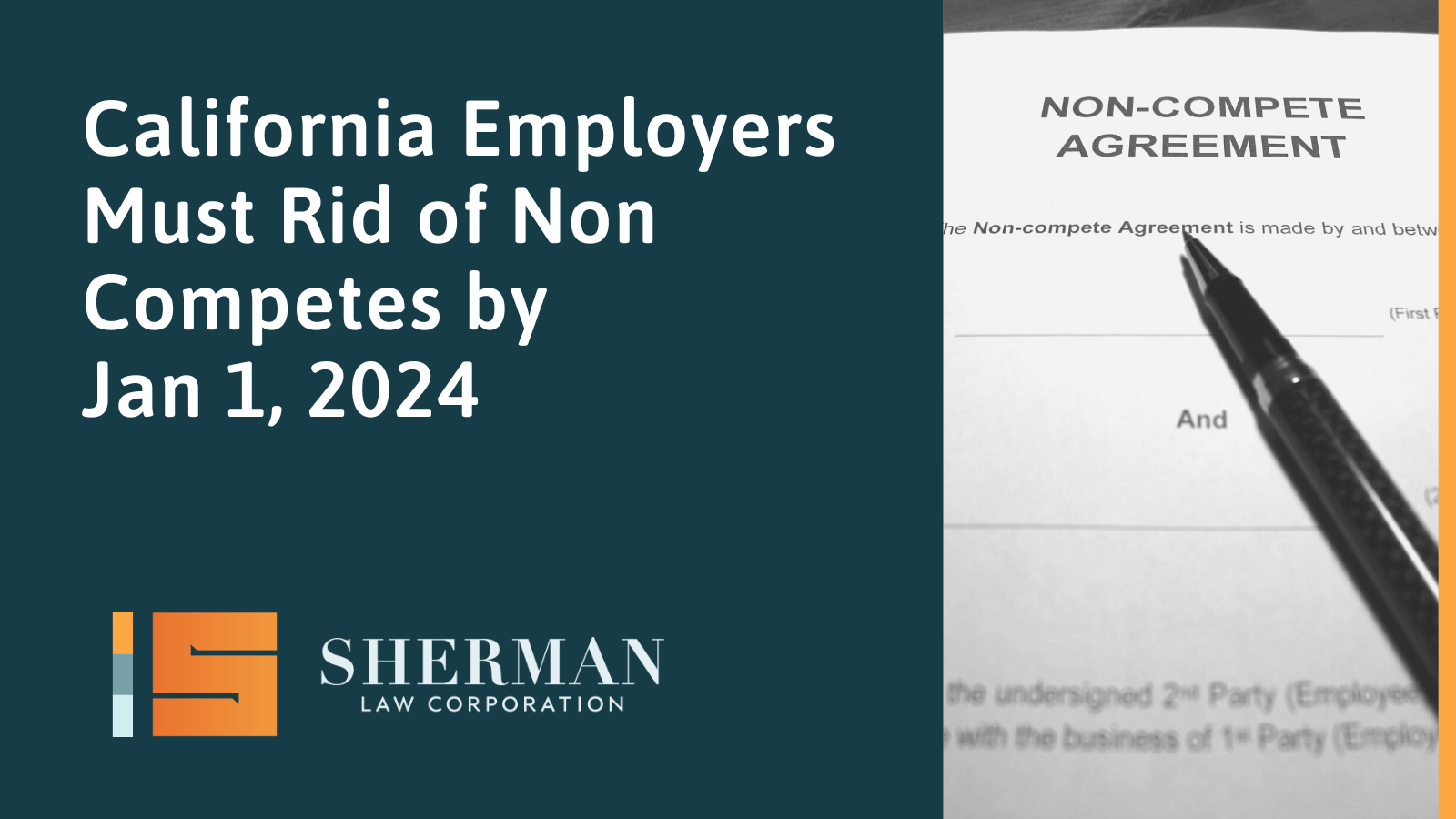
How have the amendments to the Fair Employment and Housing Act (FEHA) that became effective April 1, 2016 expand or clarify coverage and obligations for California Employers covered under FEHA?
- Scope of “Employer” under FEHA is More Expansive: FEHA’s prohibition against discrimination applies to any employer “regularly employing” five or more individuals. The amended regulations clarify that an employer must count individuals working outside of California, as well as all employees, on paid or unpaid leave, disciplinary suspension, and part-time employees, to determine if it meets the five-person threshold. However, employees located outside of California cannot assert claims under FEHA if the wrongful conduct at issue occurred outside of California and was not ratified by decision makers or participants located in California.
- New Definitions for Expanded Categories of Gender Discrimination: FEHA was amended in 2012 to prohibit discrimination based on gender expression or gender identity. While gender expression previously was defined in FEHA, gender identity is now defined in the amended FEHA regulations as “a person’s identification as male, female, a gender different from the person’s sex at birth, or transgender.”
- The amended FEHA regulations also clarify that an employee is entitled to up to four months of pregnancy-related disability leave per pregnancy, not per year, and that transgender individuals who are disabled by pregnancy are protected under the law.
- The amended FEHA regulations also include a definition for “transgender,” and revise the definition of “sex” (which includes reference to breast feeding) and “sex stereotype.”
- Sexual harassment: It is no defense to a complaint of sexual harassment that the alleging harassing conduct was not motivated by sexual desire.
- Religious Accommodations: The amended FEHA regulations clarify an employer’s obligation to reasonably accommodate an applicant or employee’s religious creed.
- An accommodation is not reasonable if it requires segregation of the employee from customers or the general public, unless the employee specifically requests such an accommodation.
- An employer’s dress and grooming policies must take into account religious dress and grooming practices.
- Reasonable Accommodations:
- It is unlawful to discrimination or retaliate against a person for requesting reasonable accommodation based on religion, regardless of whether the employer granted the request.
- ?Elimination of Affirmative Action for State Contractors: The amended FEHA regulations eliminate provisions that previously authorized state contractors to have affirmative action programs. According to the FEHC, the deletion was necessary to comply with Proposition 209 that was passed in 1996 and added a provision to the California Constitution banning California from engaging in affirmative action. However, the amended FEHA regulations do not prohibit hiring or employment practices that are necessary for an employer to be eligible for federal programs, if the ineligibility would result in the loss of federal funds for California.
For more information, feel free to contact our office at (424) 249 -3631.
| Related Links: |




